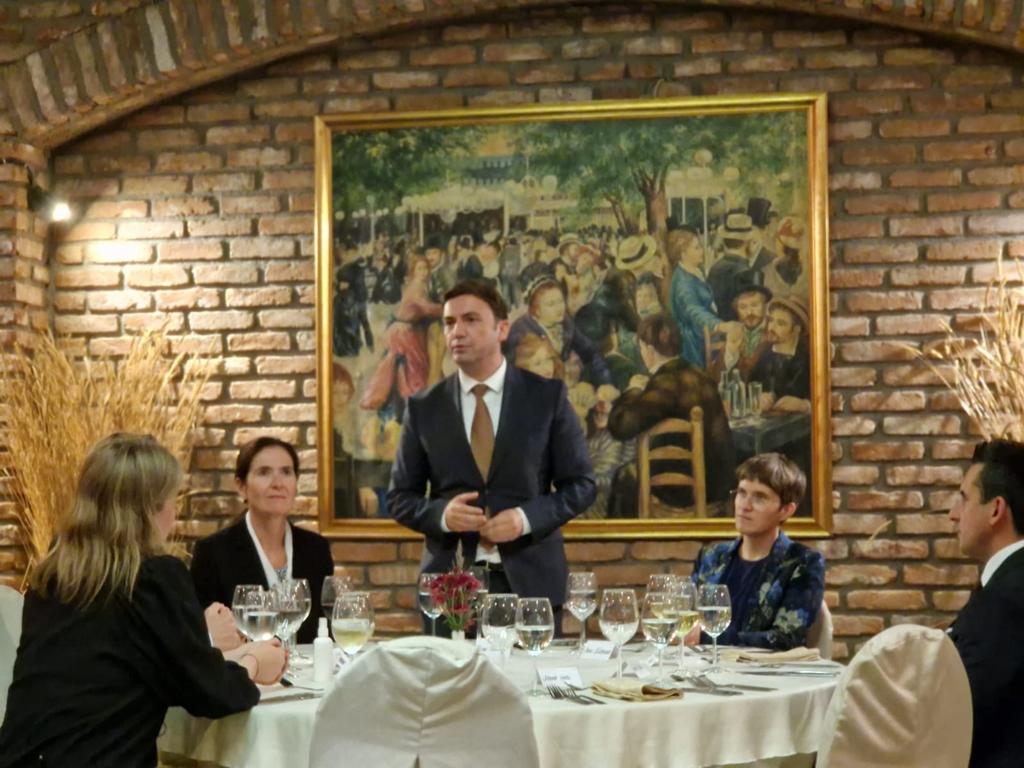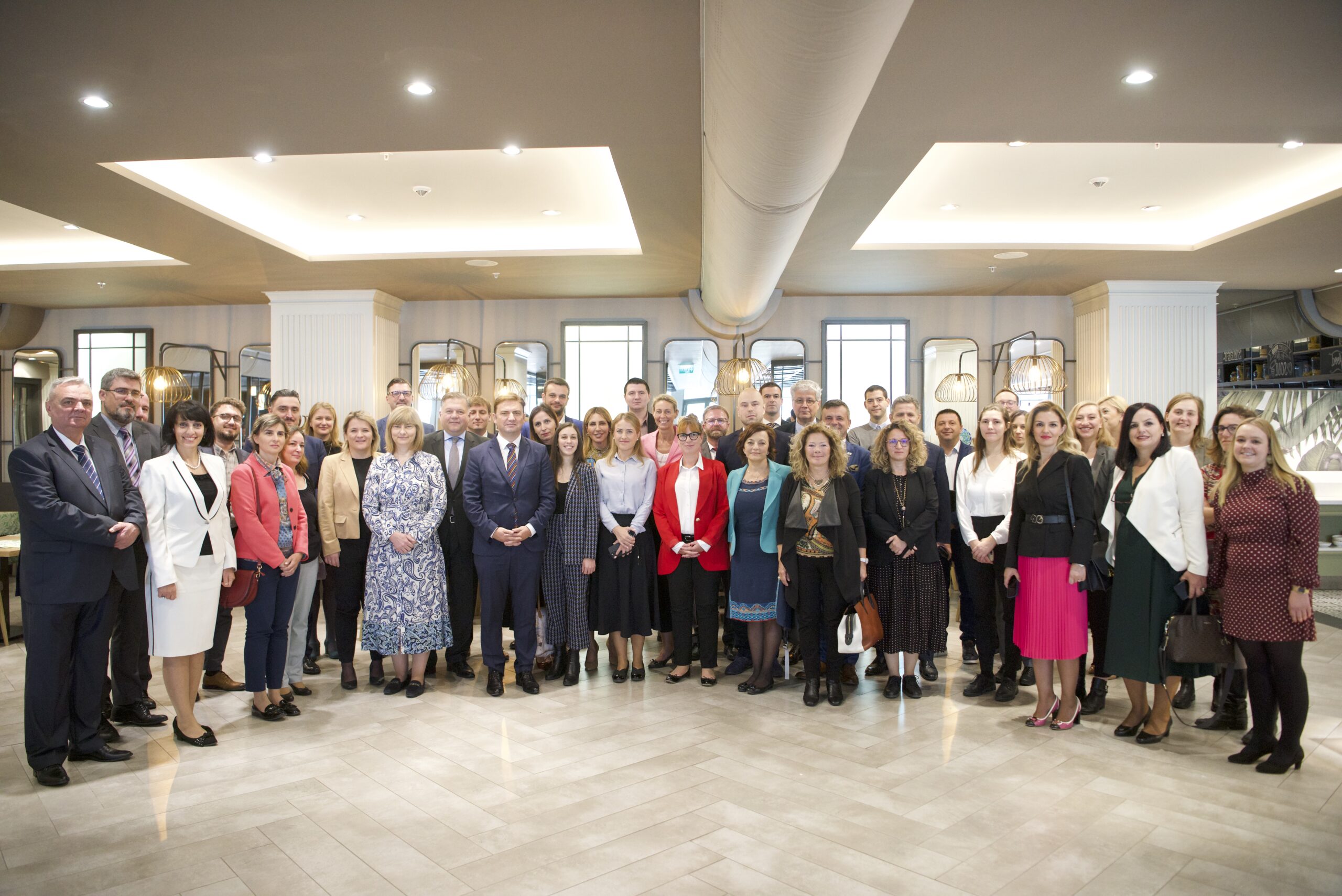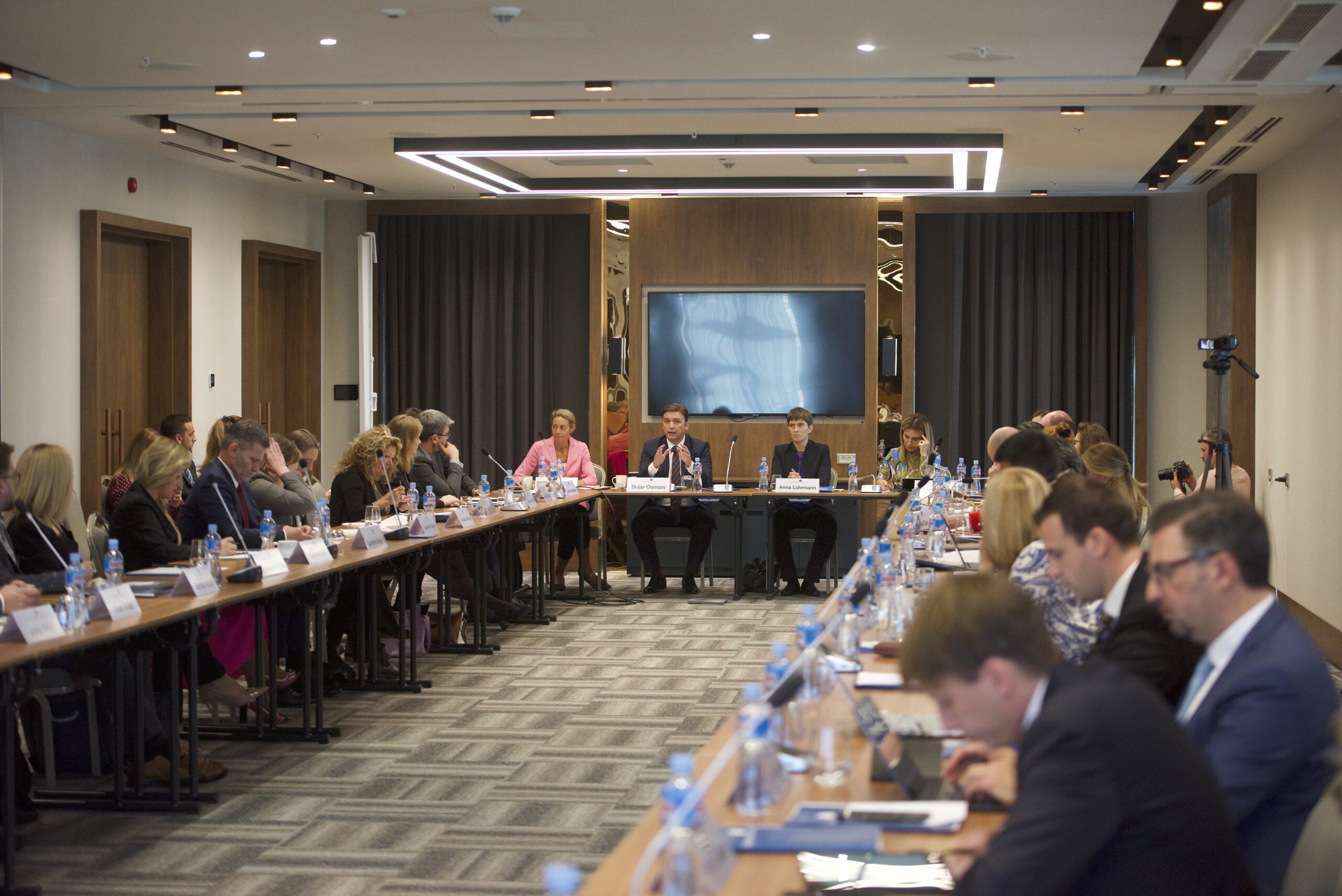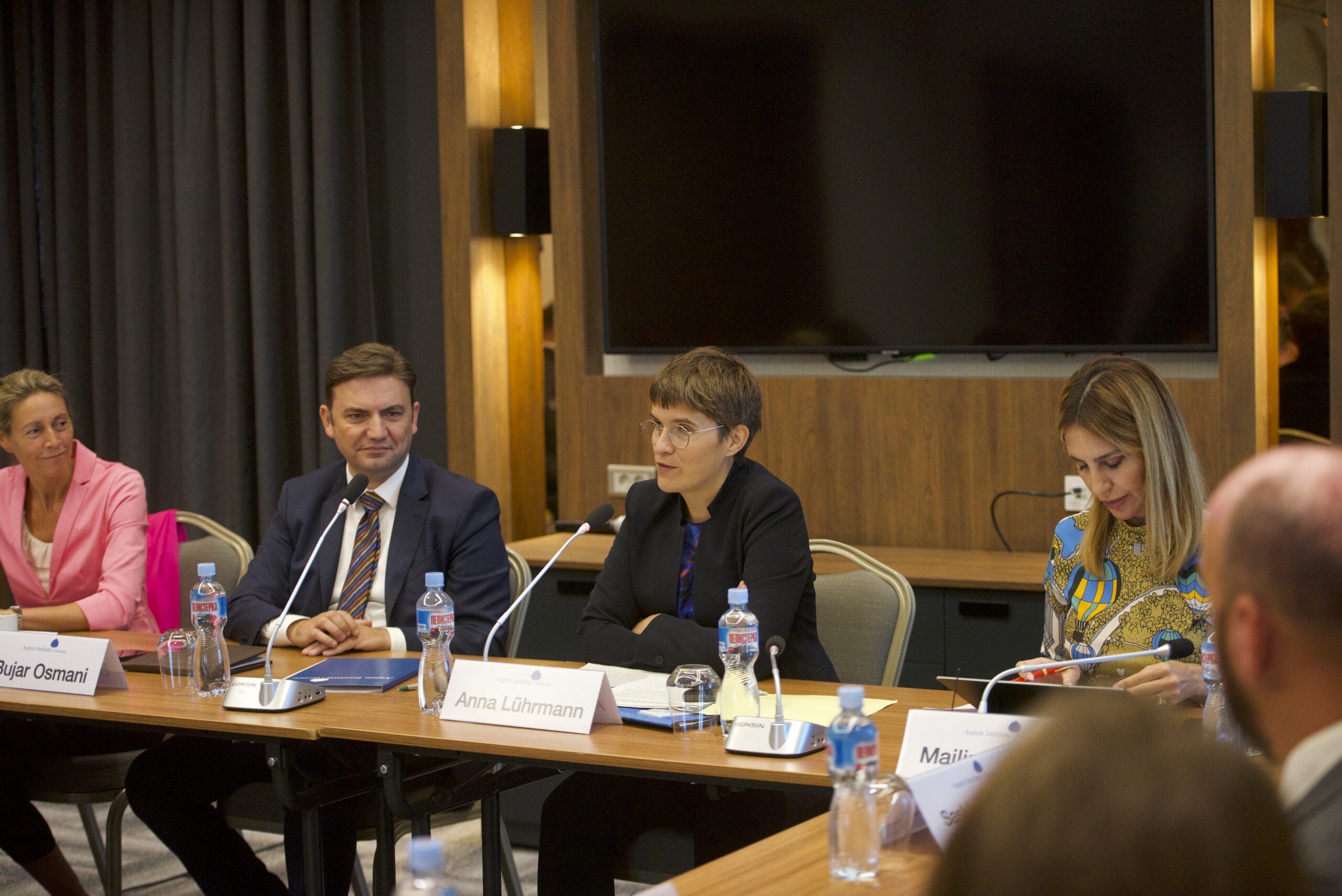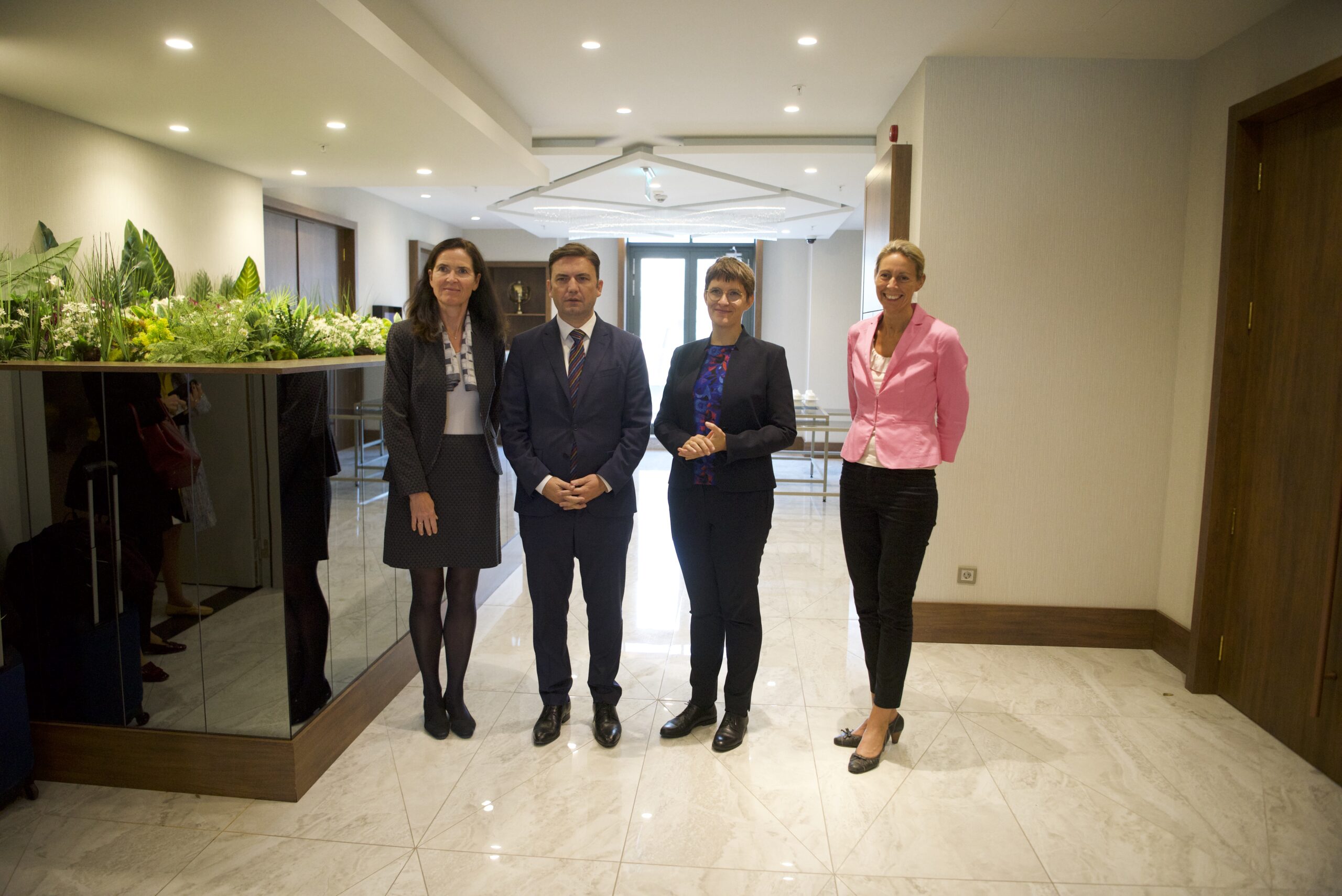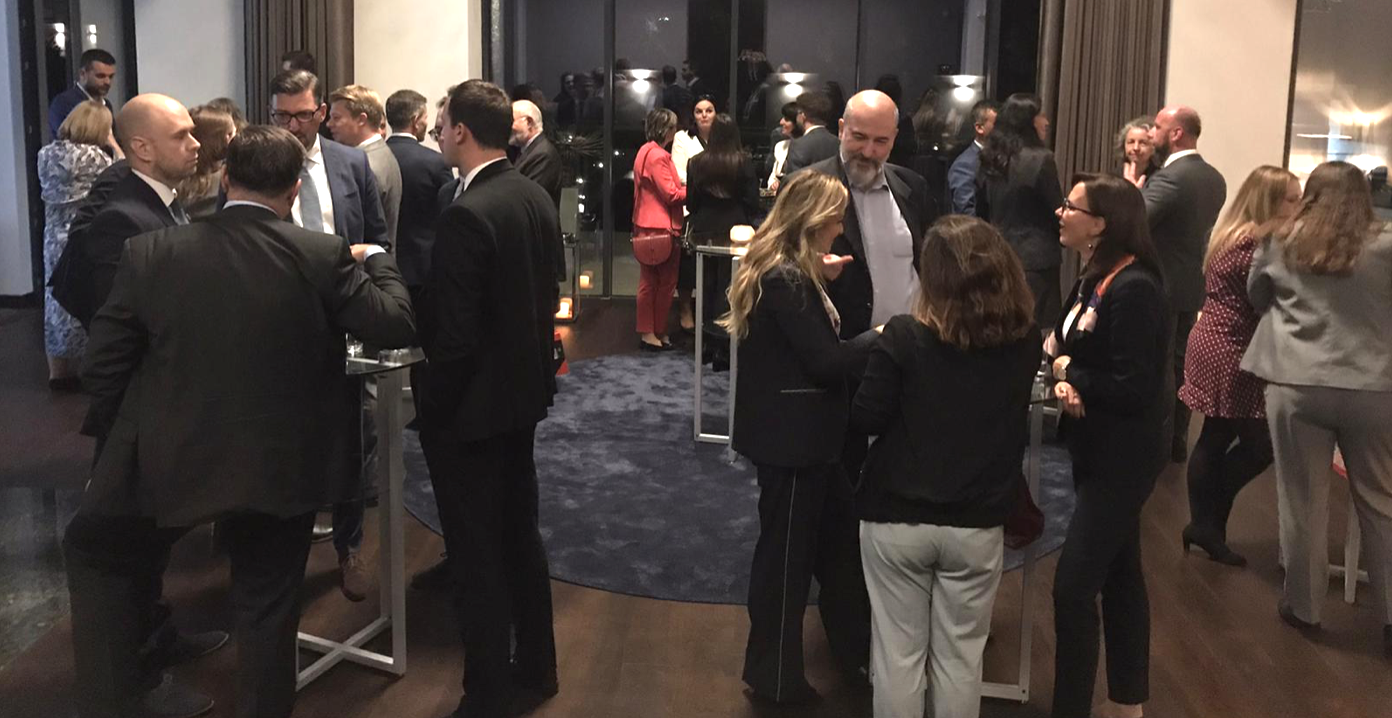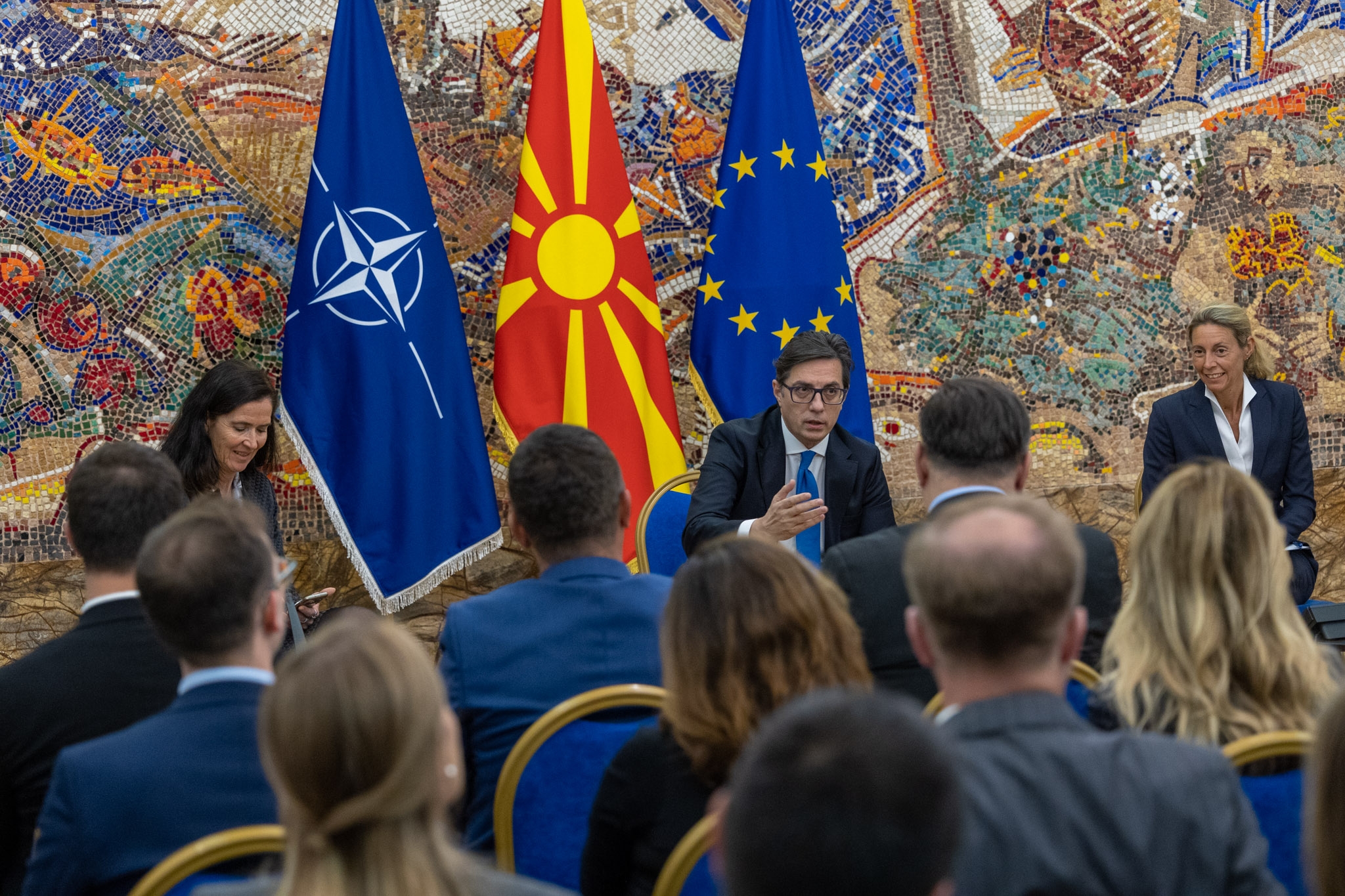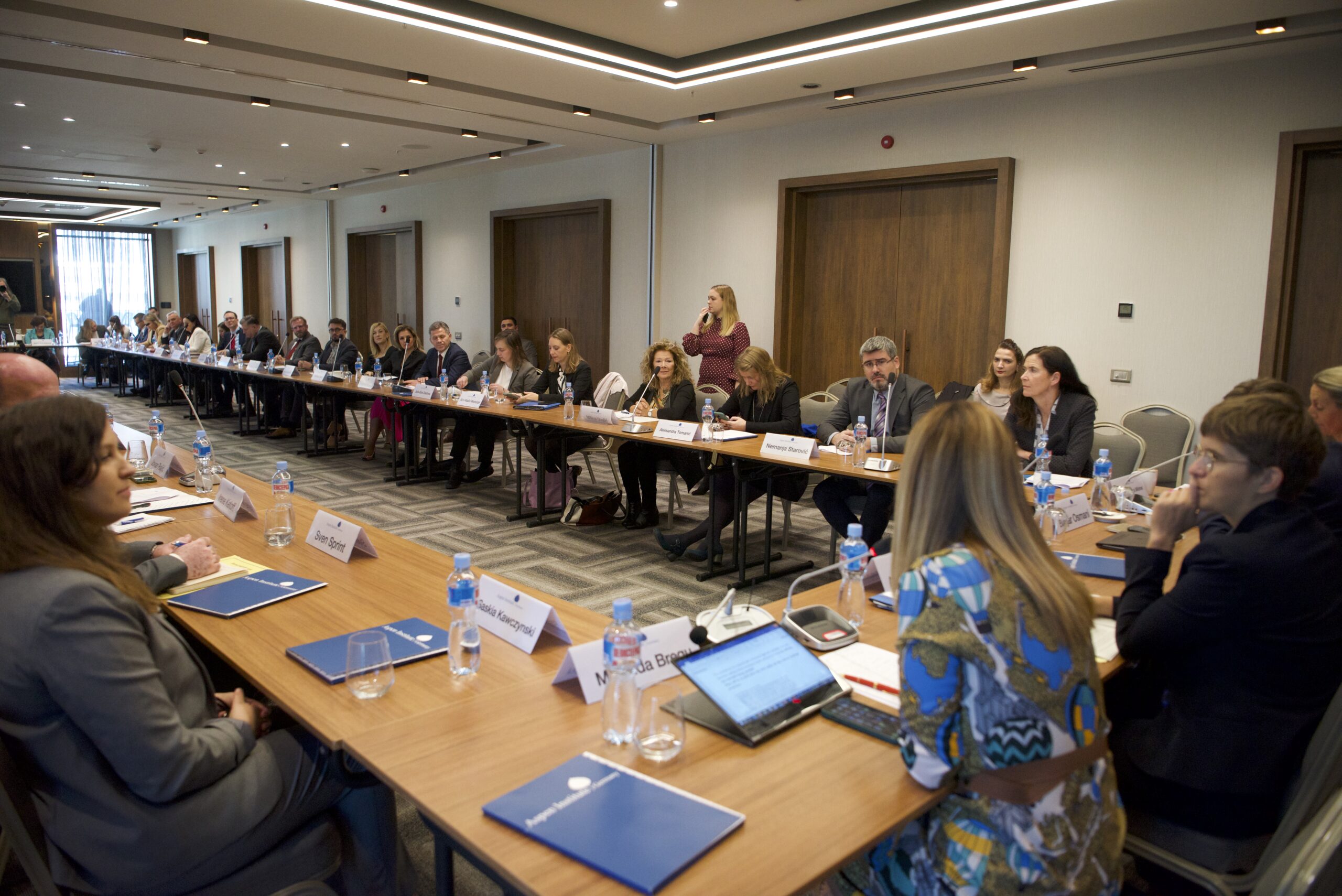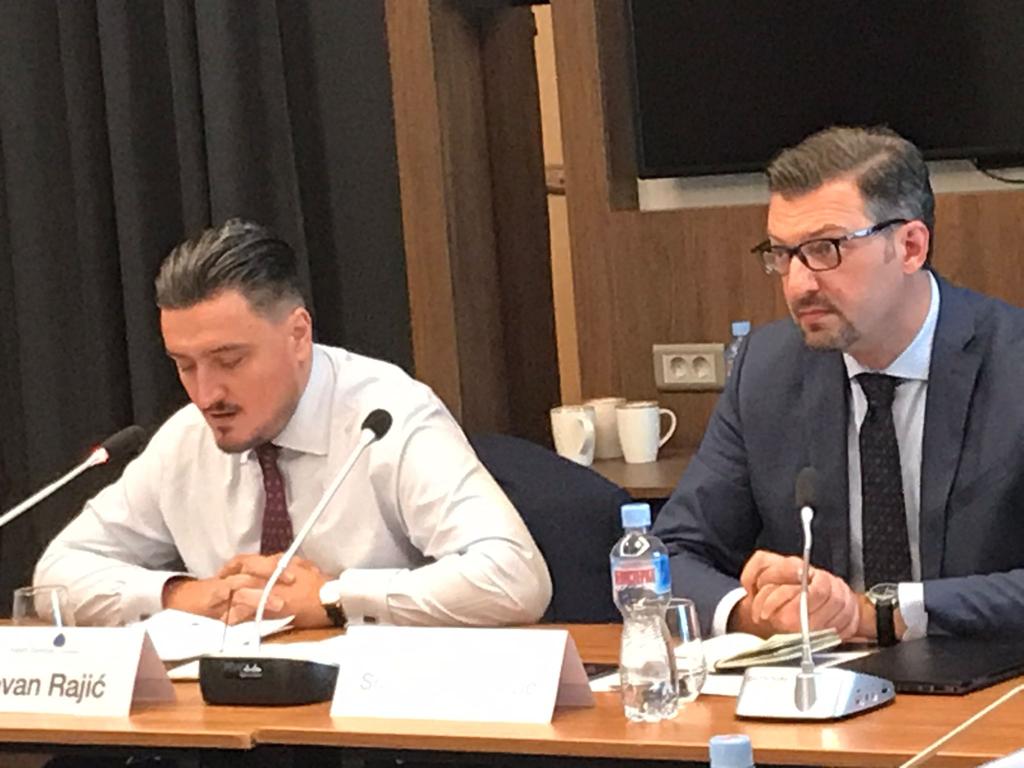- October 04, 2022
- -
- October 07, 2022

On October 4-7, 2022, the Aspen Institute Germany in cooperation with the Ministry of Foreign Affairs of the Republic of North Macedonia, hosted a high-level conference on the topic “Green Agenda for the Western Balkans” in Skopje, North Macedonia. The aim of this conference was to offer a platform for high-level participants from the Western Balkans, Germany, the EU, the U.S., as well as international and regional organizations to discuss and identify central challenges and potentials of the Green Agenda for the Western Balkans. The conference was opened by Minister of State for Europe and Climate Anna Lührmann, German Federal Foreign Office, and the Minister of Foreign Affairs Bujar Osmani, Ministry of Foreign Affairs of the Republic of North Macedonia, joined by Majlinda Bregu, Secretary General, Regional Cooperation Council for the following opening discussion.
The EU’s Green Deal sets to achieve “no net emissions of greenhouse gases by 2050, as well as economic growth decoupled from resource use, no person and no place left behind”. The Green Agenda is a similar roadmap for the countries of the Western Balkans to adapt to these EU climate targets. All six countries of the region committed themselves to the Green Agenda at the Sofia Summit in November 2020. However, implementation is oftentimes lacking due to the (perceived) financial, economic, and social costs of the transformation processes, diverging interests of societal actors, information gaps among decision-makers, and vested interests. Yet, a green transition, especially in the field of energy, will be inevitable in order to tackle the climate crisis, its effects, and to ensure future economic development and competitiveness in the Western Balkans.
Thus, this conference addressed the following questions: How can the required economic convergence of the region with the EU, especially regarding the pandemic and its effects, be reconciled with greater climate and environmental protection? How can different societal groups be involved in the planning and implementation process and how can the importance of the Green Agenda be communicated to the public? What role can and should regional cooperation play? How can the necessary resources be generated to implement the Green Agenda? How can existing obstacles be jointly overcome in order to achieve implementation? Where should priorities be set?
The conference publication can be found here.

